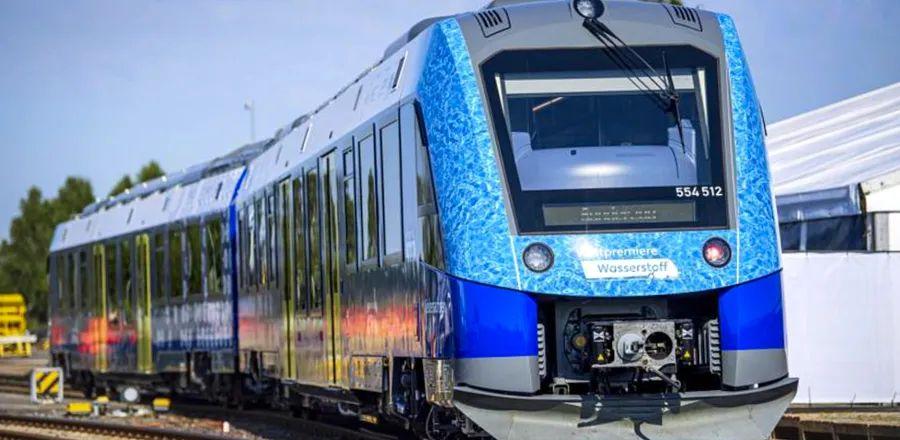Germany Unveils Hydrogen-Powered Passenger Trains

On Wednesday, German officials introduced what they claim is the world's first fleet of hydrogen-powered passenger trains, replacing 14 diesel trains that used to run on unelectrified tracks in Lower Saxony.
These 14 trains harness hydrogen fuel cells to produce the electricity needed to power their engines. The German government supports the broader adoption of hydrogen as a clean alternative to fossil fuels.
State governor Stephan Weil described the €93 million (US$92 million) initiative as an "excellent example" of Lower Saxony’s commitment to a greener economy.
Manufactured by French company Alstom, the trains are operated by regional rail company LNVG on routes connecting the northern towns of Cuxhaven, Bremerhaven, Bremervoerde, and Buxtehude.
Alstom reports that the Coradia iLint trains can travel up to 1,000 kilometers (621 miles) and reach speeds of up to 140 kph (87 mph). By utilizing hydrogen generated from renewable energy, these trains are expected to conserve 1.6 million liters (over 422,000 gallons) of diesel fuel annually.
Currently, hydrogen is produced as a by-product of chemical processes, but Linde, a German specialty gas company, intends to start producing it locally using exclusively renewable energy within the next three years.
Evaluation :
5/5



